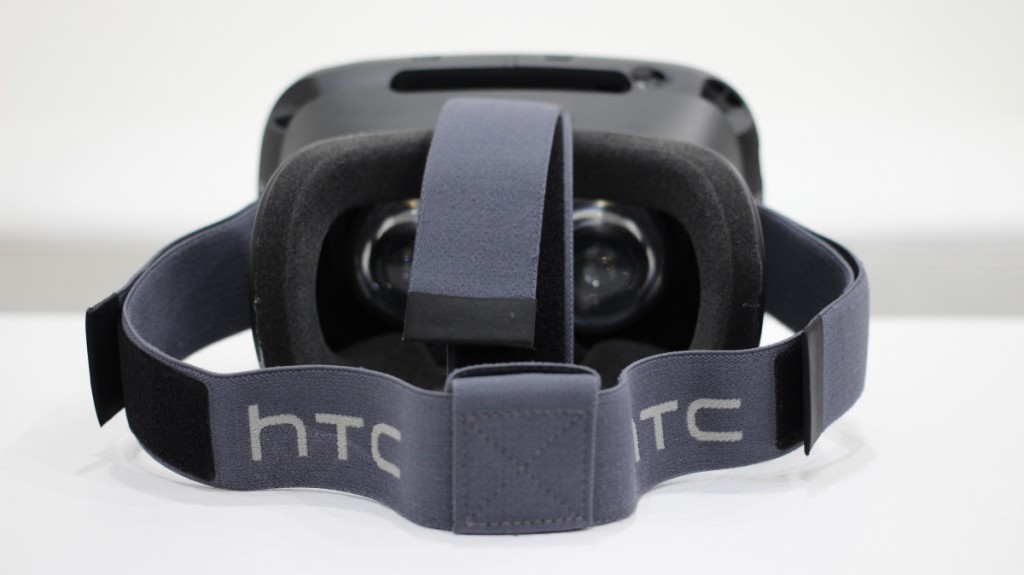It seems like VR has been coming for years now. We just keep on seeing it in news, blogs and social media, but feels like it never really came. However, the truth is quite opposite. It came and still is getting better into its own, it’s just that it’s not part of the lives of common folks like smartphones. Even though it’s not as common as phones but anyone can buy a VR headset compatible with their smartphones and dive into immersive game experience, offline or online — what if you can play casino at Leo while sitting in a chair in your room. VR is not limited to just games, it has become a part of so many industries, making them better and more interactive. It is growing so fast that VR market is going to hit $30 billion by 2020.

Let’s see how is it changing or will change these five industries?
- Gaming and Entertainment
Virtually reality seems to be a natural upgrade to the entertainment industry and that is why VR is going to shape experience we already love to a better form; imagine being in a rock concert in your room.
The idea of dropping a player in the middle of a simulated Three-dimensional world is not any longer a theory. Players become more involved in a VR based game, they have much more elements to interact and comprehend than flat-screen gaming. Players become more emotionally attached to the game because they are not controlling actions of a character on a flat-screen, they themselves are that character in a simulated world around them. Flat-screen gaming does not have the capacity to make players feel emotional and connected to an extent that VR does. Games can become RPG in the truest sense possible. The VR technology can create an interesting world of a vivid imagination. - Healthcare
Thinking about how VR can revolutionise the healthcare industry pops up one of the most obvious answers in our heads; novice surgeons and doctors can practice and train better before they begin working with real patients. Although VR has been used for this purpose for many years now, the advancement and increasing sophistication of the technology could greatly enhance the students’ experience and learning.
We rarely think about how patients can benefit greatly from VR? Patients with PTSD, phobias have been receiving treatments using VR for years now. It is a great tool for dramatically speeding up rehabilitation. It can be used to reconnect neuron networks by making your brain think that it is still doing something it forgot. - Education
While teaching, instead of telling students stories, they can be put in the simulated world where they can interact with objects in virtual locations.
“I see a lot of potential within the education, health and wellness space,” Richard Gallagher, founder and chief creative officer of digital agency Engine Digital to CNBC via email.
“A lot could be done around immersive learning, allowing students to better experience things that no longer exist (dinosaurs) or they don’t have access to (foreign countries).”
The toughest of the challenge while teaching is engaging students. VR makes the learning process interesting and exciting and there are many VR opportunities that are already available as teaching aids. In subjects like astronomy, biology, and geology, or in architectural modelling, students can model and interact with structures instead of just reading about them. With VR, any room can be converted into a learning room.
- Automotive
Automobile manufacturing is already an expensive and risky business. Quality testing may not seem to be possible at the time but ensuring good customer experience using VR saves a lot of money for the automobile industry. This cuts down the need of actually building a prototype and then hoping for customers to like it. It can also enhance the Buying experience— Customers can interact with a from wherever they are and even take a test ride. It improves decision making greatly. - Athletics/Training:
Professional sports which involve a lot of athleticism and movement are prone to injury and if players are not in the right mindset, these injuries can become more frequent and even lethal. VR cannot prevent injuries but it can help get players to train their minds and be in the right mindset. We know that every sport is about muscle memory, it doesn’t mean that muscles have memory, it means that the necessary neuron connections are formed in the brain— that are required for certain movements so that brain to body connection doesn’t seem odd to the brain. A sport is just as much about training brains as it is about physical training. Players can fine-tune their skills in a simulated environment from all angles.
The possibilities are not limited to just these five sectors. VR technology can change every aspect of our lives touching every industry, our traditional ways of learning and can change the way we perceive things.